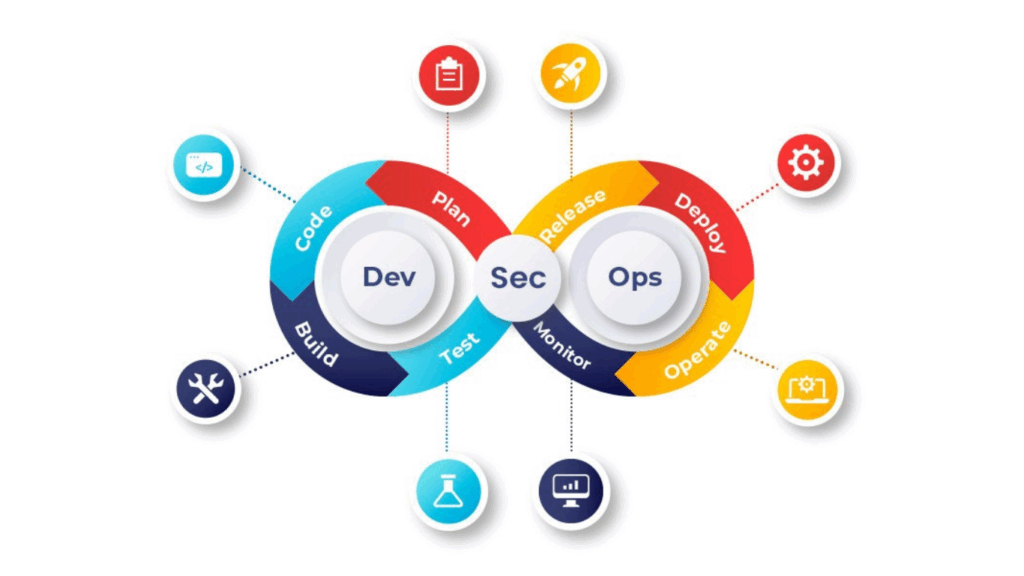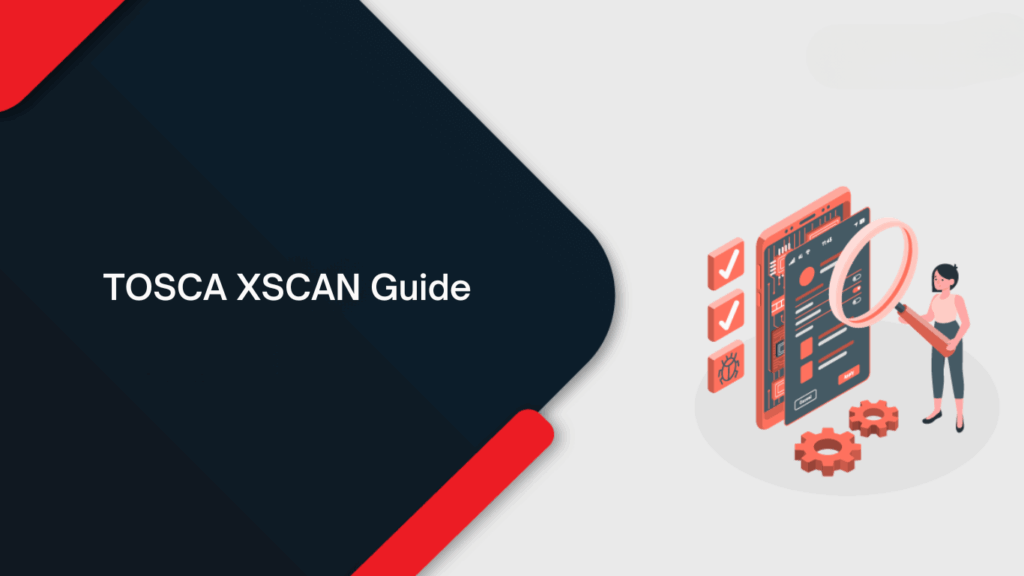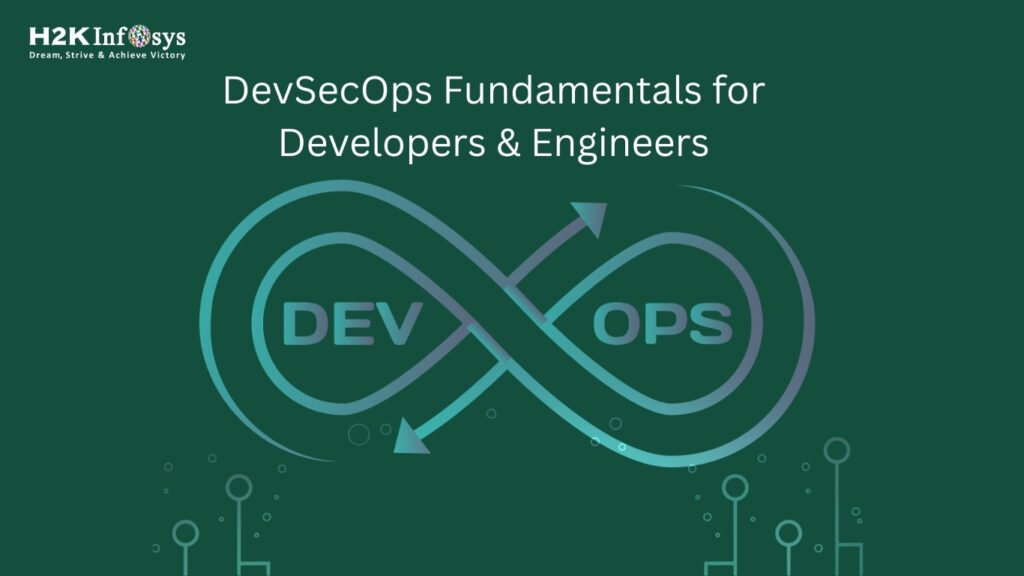If you are a beginner looking to learn a programming language, you must have heard arguments that Java is too difficult to learn. It has tougher syntax and just a lot of things that you must do to write your first code. While the argument may hold water in some clime, Java is still one of the increasingly in-demand programming languages over the years. Many organizations are particular about hiring Java developers making the career lucrative.
What’s more? Learning Java is not as difficult if you learn it the right way. In this article, we will dissect what Java is used for, how hard it is to learn Java, and the best practices for learning Java as fast as possible.
What is Java used for?
Java is a general-purpose language that can be used for a lot of purposes. To have a better understanding of what Java is about, make sure to check this introductory article about Java programming.
Now, let’s discuss what you can do with Java.
- Mobile app development: Java is one of the most popular languages for building mobile applications. If you are a gamer, you would be familiar with Java games on phones some 10 years ago. But Java is still very relevant in mobile app development today. It is mostly used on Android software platforms. One perk of having a mobile app built on Java is that it supports cross-platform compatibility. In other words, if you write Java code in an environment, it can be compiled and made to run in any other development environment.
- Web app development: Java is also well used for web-app development. Specifically, Java is great for building backend systems such as servers and APIs. This is because it is robust and relatively faster at runtime. Java also has a great security architecture which developers like. If you want to use Java for web app development, you must master how to use the Spring library. You could join a reputable Java online class to learn how to use Spring.
- GUI development: Java can also be used to write desktop applications with GUI. The programs are then packaged as executable files so that it can run on whatever desktop environment. There are numerous Java libraries for desktop GUI development such as JavaFX, AWT, Swing, Apache Pivot, etc.
- Cloud computing: Cloud computing is said to be the next big thing in the computer world and Java can be used for cloud computing. Again, its speed, robustness, cross-platform compatibility, and great security features make it a go-to language for most cloud systems.
How Hard is it to Learn Java?
Answering this is subjective. Coming from a Python background, Java may be seen as more difficult to learn. However, coming from a C background, Java is way simpler to learn. It has easily understandable syntax where codes can be read like plain English.
Learning Java may be, however, slightly more challenging to learn if you have zero background in programming. If you have some programming background, learning Java becomes a breeze and it’s only a matter of time before you fall in love with the language.
If you are a complete beginner nevertheless, you can learn and master Java with patience and consistency. Also, you would need to understand the foundational concepts before jumping into other more complex things. Some foundational concepts include the syntax of Java, control flow, conditional statements, object-oriented programming, working with third-party libraries, working with files, and so on. These are things you would be applying when building real-life applications.
So to answer the question. Java is not so hard to learn. It may be harder than Python but way easier than C. A tradeoff here is that Java is way faster than Python. So if you are building enterprise applications, you should think about Java.
Moreso, Java is easier than Kotlin, another popular option for mobile app development.
Tips for Mastering Java in no time.
- Understand the fundamentals: It would be an effort in futility to jump the basic concepts and attempt to master other complex ones. Before you move on to harder concepts, make sure you have a firm understanding of basic concepts such as data types, OOP, using functions, packages, and so on. You can learn this and more when you join online Java classes known for excellence.
- Learn by doing: You can get easily deceived that you understand a concept when you do not practice on your own. The real learning occurs when you get to type codes and run them. This allows you to explore a variety of possibilities, make mistakes and learn from them. It is strongly advised that you are also consistent with your learning. It is better to learn 1 hour every day than to learn 7 hours at a go, every week.
- Join online communities and be active: Java has an enormous community online and you can network with senior developers by being active in the community. Do not be afraid to ask questions, and answer questions to know.
How Long does it take to Learn
The amount of time it takes to learn Java varies. But if you are committed to practicing every day, you will be comfortable with the basics in a month. Keeping up with that trajectory, you should have a rounded understanding of the language in like 3 to 6 months. Next would be for you to work with as many projects as possible to build your portfolio.
Working with projects is a great way of solidifying your skills. It makes you see how the different concepts all tie together and also exposes you to real-life experiences.
Where from here?
If you are serious about becoming a Java developer, take the first step. Join a Java online training course. Download a textbook. Reach out to an expert. Join a community. Just do something. DO.





























